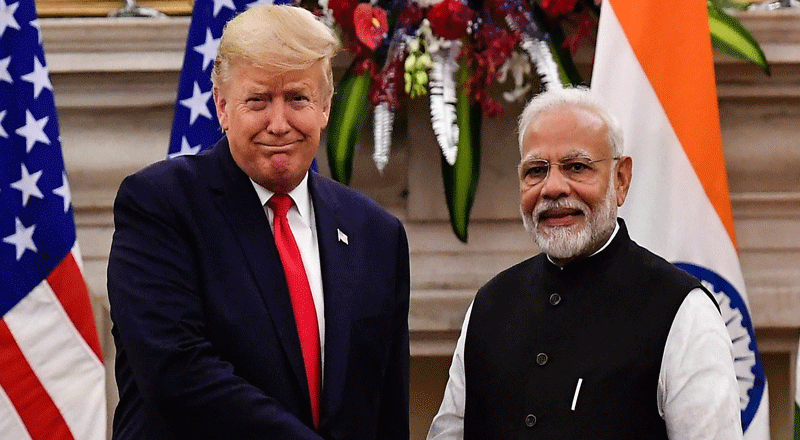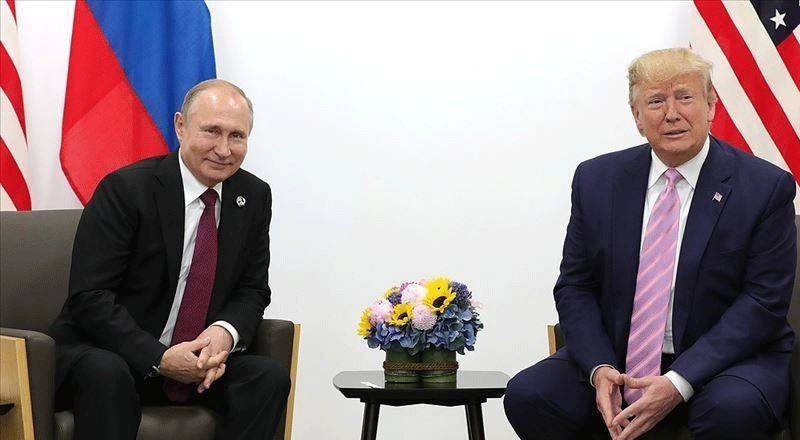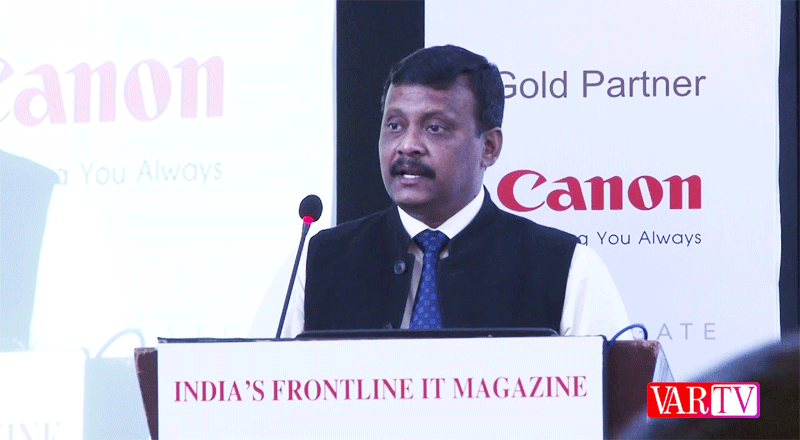
Sam Altman Admits AI Will Eliminate Jobs
In a rare moment of candor from a tech leader, OpenAI CEO Sam Altman has admitted that artificial intelligence will eliminate jobs—a departure from the more optimistic narratives that AI will simply augment human labor. Speaking at an industry event in May 2025, Altman stated, “Jobs are definitely going to go away, full stop,” acknowledging the disruptive reality of automation.
His comments arrive amid a wave of AI-driven layoffs across the tech sector. IBM recently replaced 200 HR professionals with AI agents, Klarna cut 700 customer service roles, and Microsoft and Amazon made significant reductions in their workforce, all citing efficiency through AI. OpenAI’s tools, including the powerful GPT-4o, are now widely adopted in sectors such as healthcare, finance, and education—accelerating automation far beyond clerical tasks.
Altman’s tone was apologetic but largely unbothered by the societal consequences, arguing that new jobs will eventually replace the lost ones, much like past industrial revolutions. But unlike the steam engine, AI automates not only manual labor but cognitive and creative work—disrupting white-collar roles once thought safe.
Critics say Altman’s remarks underscore a troubling trend: innovation without accountability. While he acknowledged the fallout, he offered no actionable solutions—no retraining initiatives, no funding commitments, no strategic vision for transition. On social media, many called his apology empty, with one user posting, “Build the tech, cash the checks, leave society to clean up the mess.”
The lack of urgency stands in stark contrast to the pace of AI adoption. IBM, for example, claims AI now automates 94% of routine HR tasks. Microsoft’s layoffs included software engineers—once seen as AI’s beneficiaries, not victims. And Klarna’s AI chatbot, praised for outperforming humans, illustrates how quickly AI is supplanting—not supplementing—workers.
Economically, generative AI promises trillions in GDP gains by 2030, but the transition could be brutal. A 2024 ILO report warns that up to 30% of global administrative roles may be automated, with reskilling programs trailing behind. Meanwhile, Altman’s previous endorsement of universal basic income (UBI) wasn’t mentioned this time, furthering frustration over a perceived lack of leadership from OpenAI.
The ethical implications are mounting. With AI adoption accelerating and job displacement already visible, the tech industry—and governments—must act. Altman’s frankness is welcome, but without concrete policies, it risks becoming a grim prophecy. Innovation, critics argue, must be matched by responsibility.
As automation reshapes the labor market, companies like OpenAI must lead not just in technology—but in building the guardrails for a future where machines work, and humans still matter.








